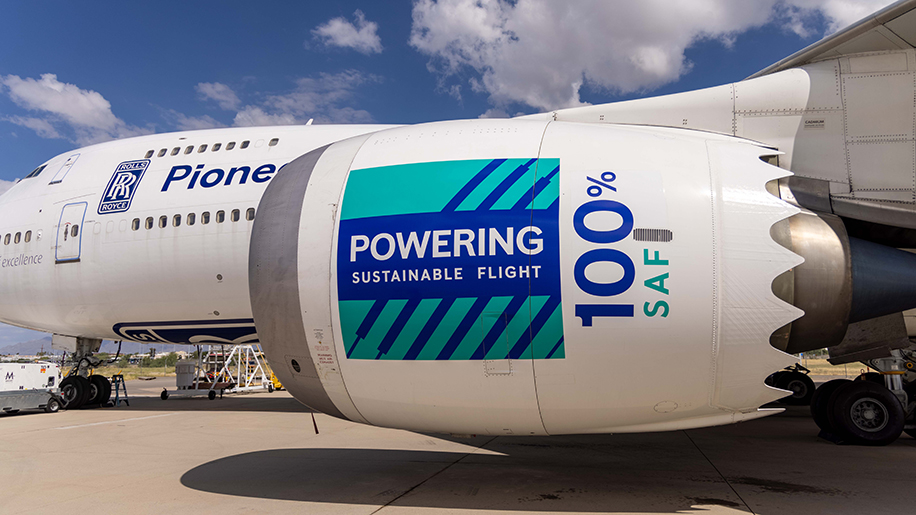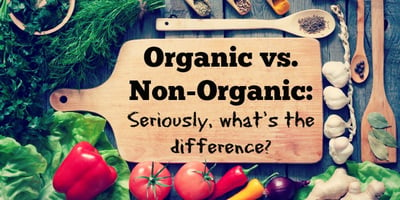A lack of clarity about organic foods is making it more difficult for consumers to trust the...
Airlines Push Jet Fuel Tax Credits to Help Corn Growers

United Airlines announced recently it’s on track to use 10 million gallons of sustainable aviation fuel (SAF) in 2023, which is 10 times more than it consumed in 2019. Multiple airlines are showing their interest in SAF for climate reasons and to keep corn growers relevant. But environmental activists are pushing back, causing a divide in the White House.
Under the Inflation Reduction Act (IRA), the Biden administration is targeting at least 3 billion gallons of SAF production per year in the U.S. by 2030 as part of its broader push to fight climate change.
“These tax credits, which encourage the use of more eco-friendly fuels, could make or break the prospects of corn ethanol as a sustainable aviation fuel. Airlines, biofuel refiners and oil companies are lobbying for more generous tax credits for ethanol-based fuels that reduce emissions,” says Jim Wiesemeyer, ProFarmer policy analyst.
Ethanol proponents and climate activists disagree over how to measure emission reductions and, therefore, credits.
The ethanol industry is asking the administration to use a methodology to calculate emissions developed by the Department of Energy called GREET that shows ethanol has a lighter carbon footprint as a SAF than when compared to the methodology proscribed by IRA. The method outlined in the IRA was developed by the International Civil Aviation Organization.
Environmentalists, on the other hand, advocate for the Corsia standard, which penalizes fuels more for changes in land use linked to crop planting. Critics argue that supporting ethanol could hinder investments in advanced, less carbon-intensive alternatives to SAF. They say ethanol would increase reliance on older, less efficient fuels.
Wiesemeyer says the White House is divided as to which model —GREET or Corsia — to use.
“If tax credits are extended to ethanol, despite its lower emissions reduction compared to alternatives, it could significantly expand the supply of SAF, making it more accessible and affordable for airlines. This move could help airlines meet emissions targets while avoiding higher costs that come with investing in newer, more expensive sustainable fuels,” says Wiesemeyer.
EDITOR’S TAKE:
All too often, policy decisions made in our nation’s capital are highly influenced by which economic or environmental forecasting model is used. For instance, yours truly has a bit of experience with EPA models that dramatically overstate the risk, understate the benefits and build in safety factors that are off the charts, thus, making it extremely difficult to develop reasonable and fair regulations. It appears we have a similar battle going on over the efficacy of ethanol used as a blend in airplane fuel. Ethanol has been studied for decades and proven not only efficient, but very environmentally friendly – very low carbon emissions. It is time to put common sense back into the equation and use data that already exists when looking into the future of SAF!
Ethanol creates a huge demand for corn as a feedstock already. Expansion as an aviation fuel will further enhance the outlook for corn and corn farmers. That, in turn, means more income to purchase more trucks well into the future. This is just another reason we urge you to put farmers/ranchers at the very top of your customer prospect list. If you’re not sure how to reach them, give Jenni Wallace on the CAG staff and she will be more than happy to help you.








